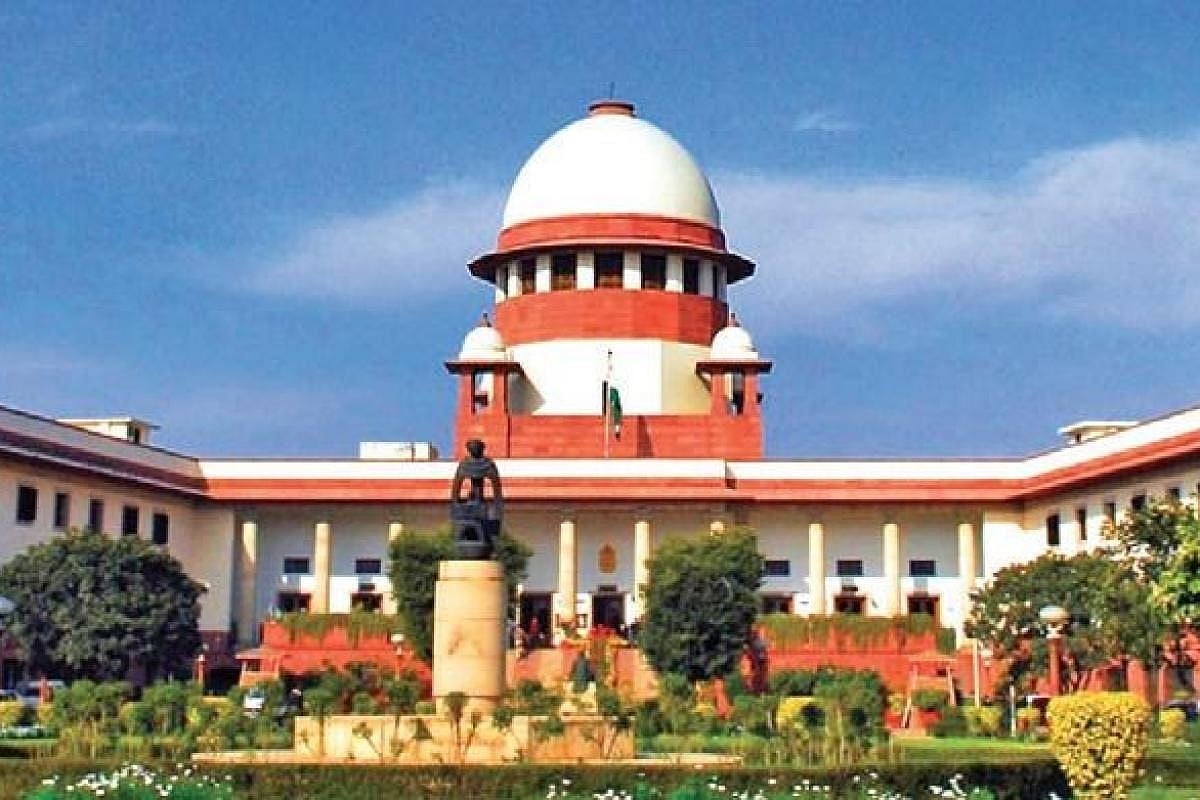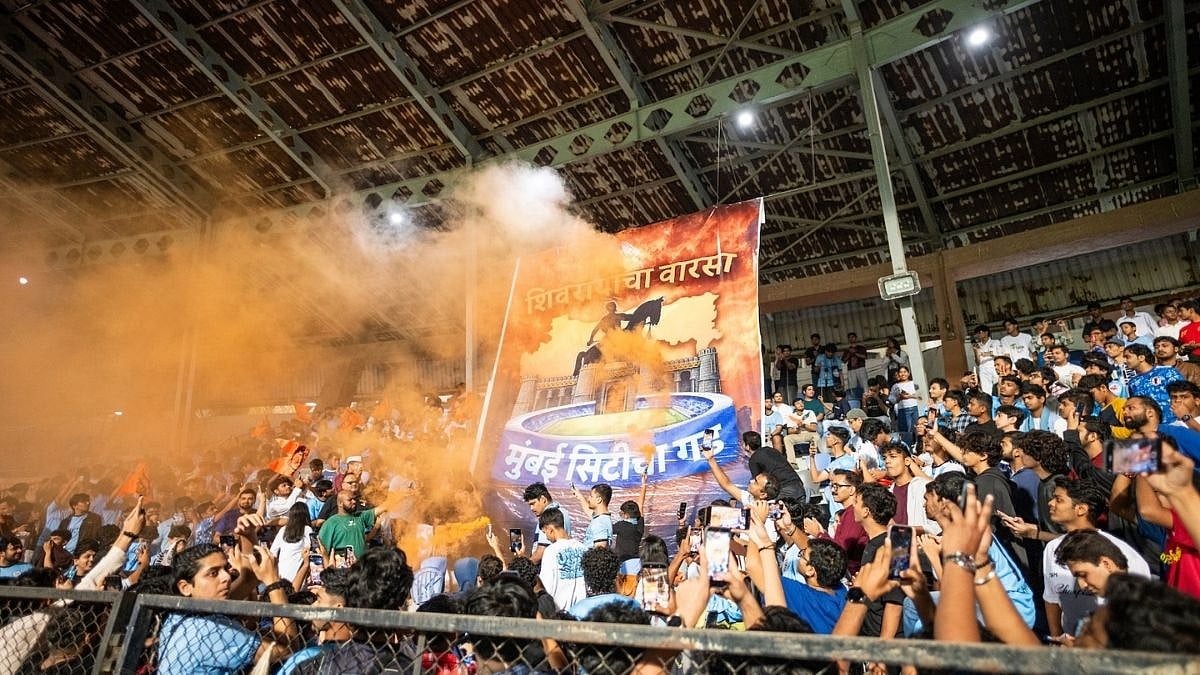The Supreme Court may have provided the crucial opening to break the current impasse in the standoff between the Government and the protesting Punjab-Haryana farmers at the borders with the national capital. On Thursday, hearing a batch of petitions, the apex court suggested that the implementation of the new farm laws be put on hold till an expert committee examined them thoroughly and submitted its findings. Such a committee would have notable independent farm experts, as well as representatives of both the farmers and the government.
However, the Centre expressed the misgiving that the farmers’ representatives would not come forward to negotiate if the implementation of farm reforms was suspended. A three-member bench, headed by Chief Justice S A Bobde, was hearing petitions seeking the removal of farmers from roads at the borders of the capital. Remarking that a protest is constitutional till it does not cause loss of human life or destruction of property, the court said it would send notices to the leaders of the farmers’ unions.
The bench, which also included Justices A S Bopanna and V Ramasubramanian, said it would not decide the validity of the farm laws immediately but would concern itself immediately with the right of people to protest peacefully and the fundamental right of citizens to move freely. The petitioners had contended that the protesters had blocked the free movement of vehicular traffic. The court asked the government to examine if the protest could be slightly shifted to facilitate free movement of vehicular traffic.
“Blocking Delhi may lead to people in the city going hungry. Farmers’ purpose can be fulfilled by talking. Just sitting in protest wouldn’t help,” the CJI remarked. He added that the court hoped to facilitate a dialogue between the government and the farmers. Thus, the court put the ball in the farmers’ court, expecting them to respond positively to the suggestion to suspend the implementation of the farm laws till a new expert committee examined them afresh.
Given that the committee would include farmers’ representatives besides independent farm experts should ordinarily persuade the protesting farmers to suspend the stir. As Attorney General K K Venugopal told the court, farmers sitting together in large groups, with none of them wearing face masks nor maintaining proper distance could spread the coronavirus further on return to their villages. “Farmers cannot violate the fundamental rights of others,” Venugopal added.
Meanwhile, the response of the farmers to the eminently reasonable suggestion from the highest court in the land was still awaited. On its part, the Centre should have no hesitation in holding the implementation of the three farm reform legislations till these received a fresh look from agri-experts and the representatives of farmers’ unions. It would however be invidious to restrict the representation on the proposed committee of experts only to Punjab and, maybe, Haryana.
Since the scope and ambit of the farm reforms is nationwide, it would only be fair and proper to represent farmers in such a manner that it reflected the wide diversity in farm practices, crop patterns and farm economies in all parts of the country. As pointed out by farm experts, the current agitation is peopled by relatively rich Punjab farmers who are net beneficiaries of the now unsustainable system of compulsory procurement of farm produce under the minimum support price mechanism.
A little over a million farmers of Punjab, of a total of over sixteen crores nationwide, have come to develop a deep vested interest in the near-compulsory procurement of paddy and wheat by the Food Corporation of India. The result is that while the FCI groans under the unsustainable weight of four-times the sanctioned requirement of minimum buffer stocks of wheat and rice, and as a result, suffers a huge financial haemorrhage, the Punjab farmer depletes the water table, degrades the soil with the overuse of highly subsidised chemicals and bleeds the exchequer through misuse of free water and electricity.
Anyone who specialises in farm economy would be untrue to his craft if he were to endorse the current agitation for the continuance of the status quo on the present crop pattern, primarily in Punjab and Haryana. If the Supreme Court-mandated committee of experts succeeds in instilling change and progress in farm practices in the erstwhile food bowl of the nation, it would benefit both the Punjab-Haryana farmers and the nation as a whole. The protesters should entrust the final judgment on the farm reform laws to the experts and go back to their villages.




